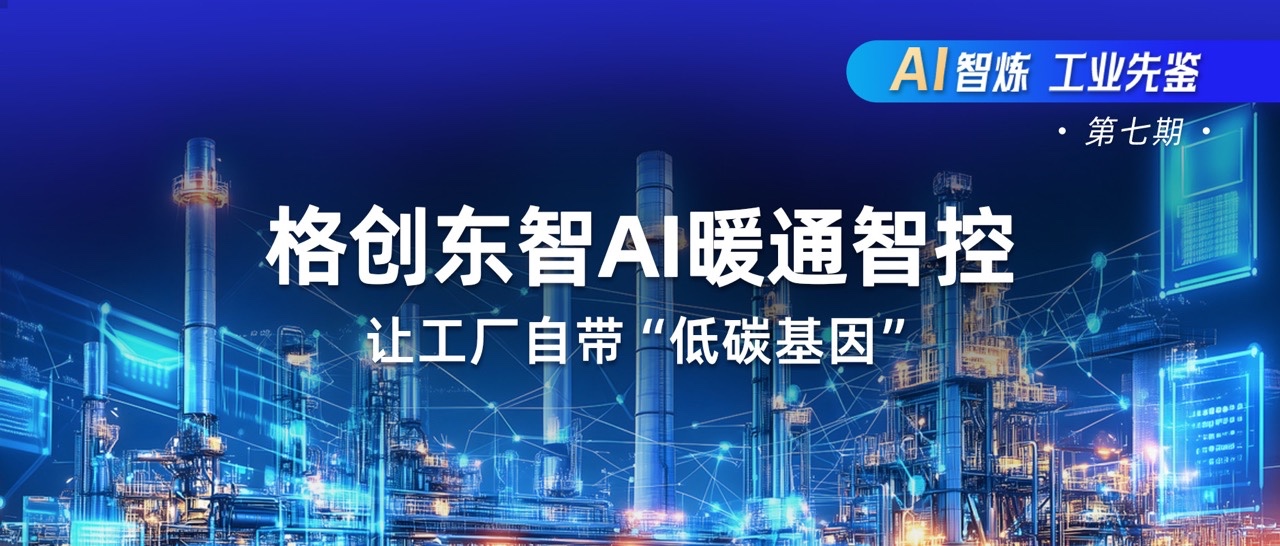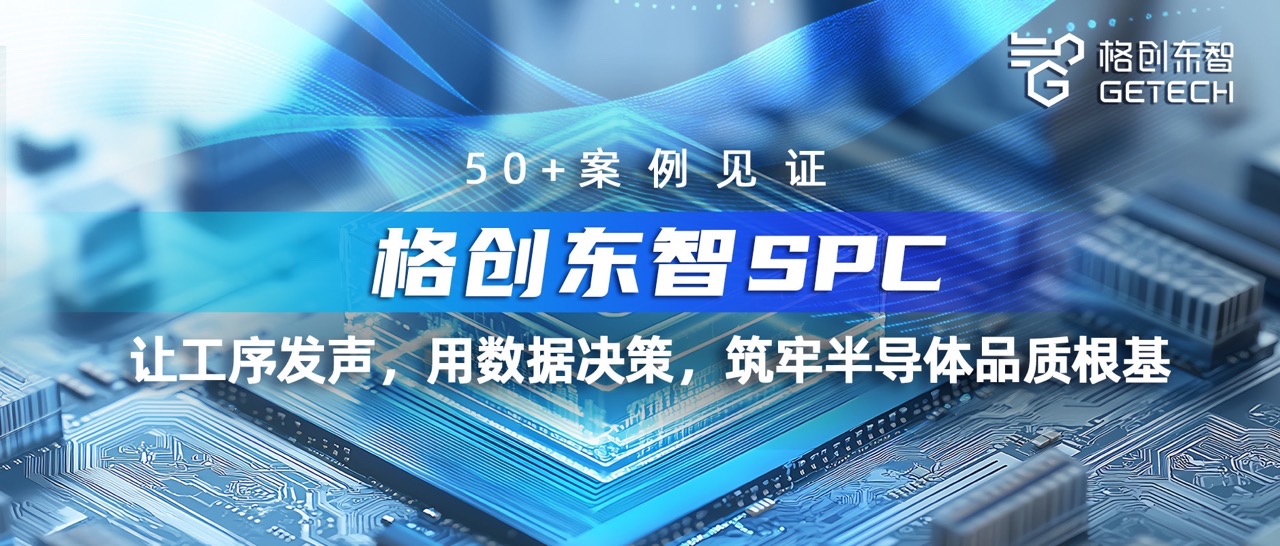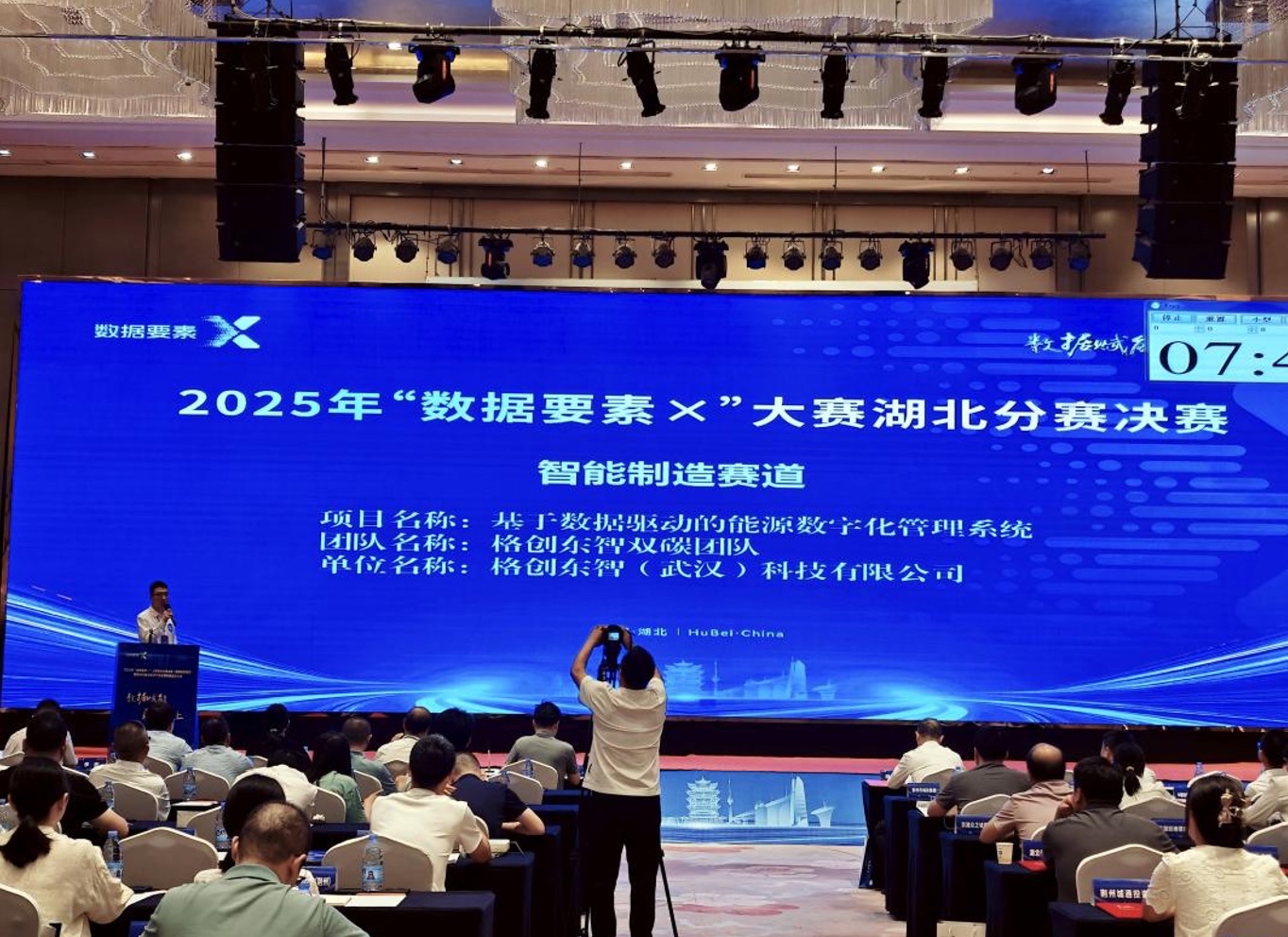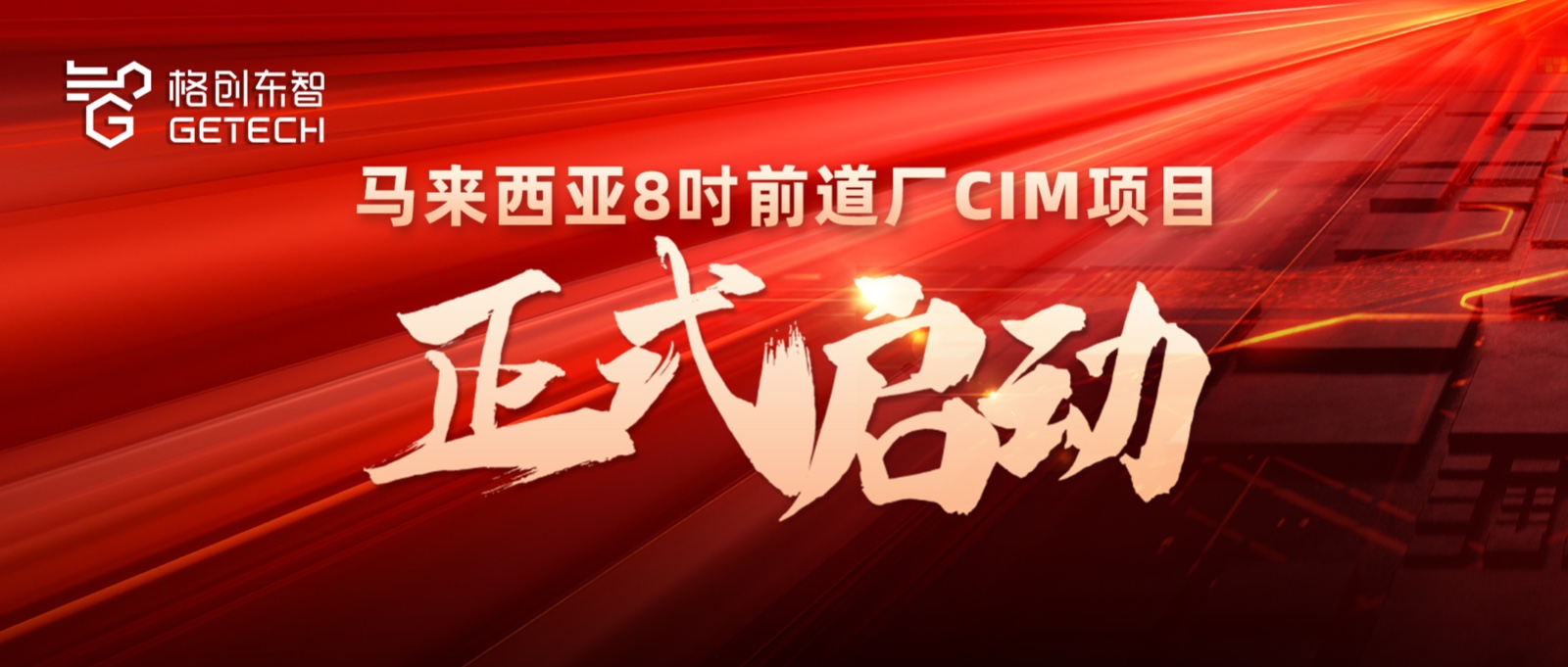GTRONTEC CEO He Jun: Five Thoughts on Coping with the Pandemic for Manufacturing IT Teams
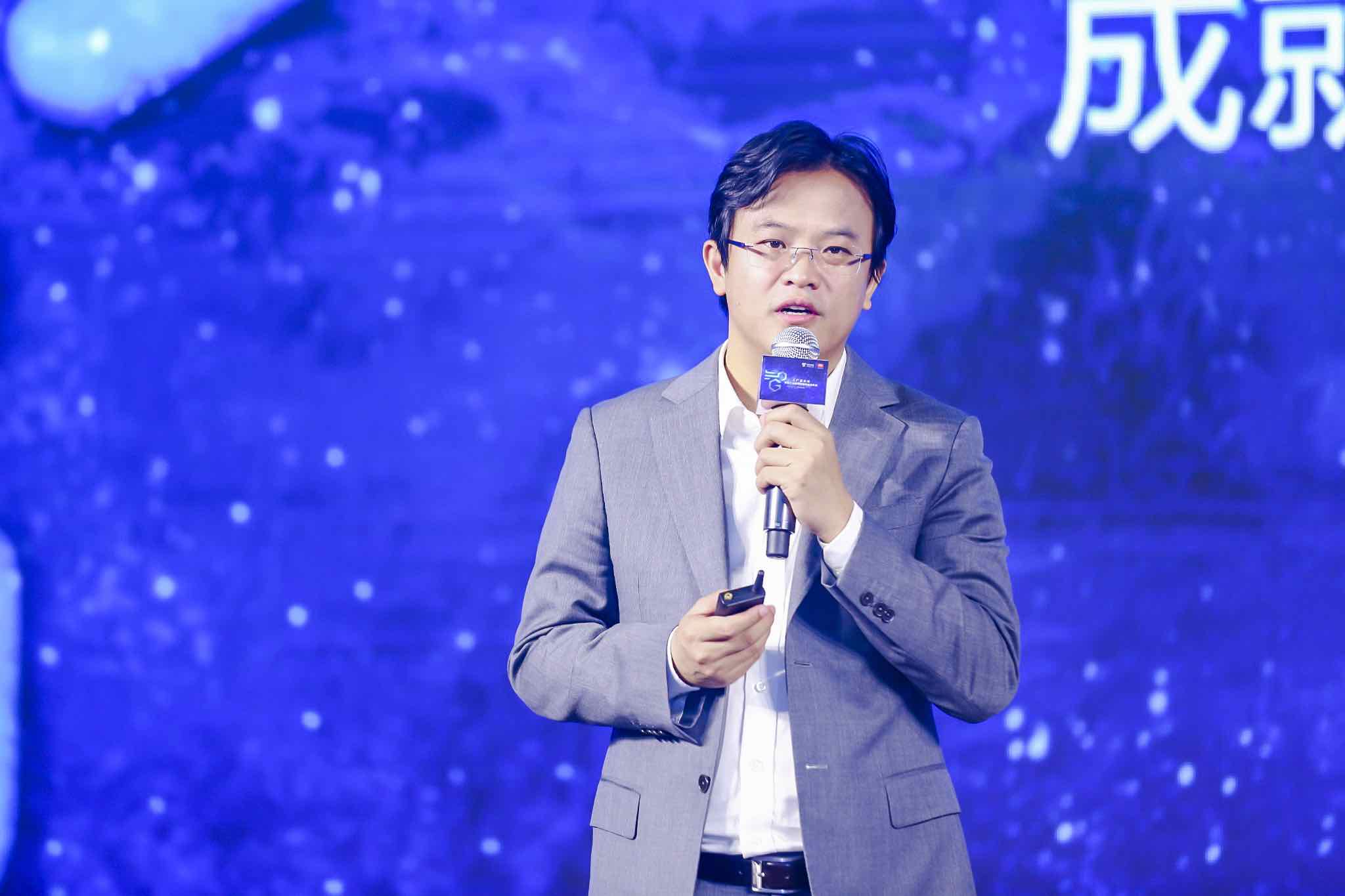
[Editor's Note] GTRONTEC Technology Co., Ltd., strategically incubated by TCL Group (abbreviated: GTRONTEC), is an independent technology company with deep manufacturing genes, providing manufacturing customers with various services such as platform import, AI applications, and consulting diagnostics.
GTRONTEC deeply integrates cutting-edge technologies such as artificial intelligence (AI), big data, and cloud computing with manufacturing experience, creating the industry's first Dongzhi Industrial Application Smart Platform focused on production sites. Through AIxIoT empowerment, it provides scenario-based smart manufacturing solutions, enabling frontline production engineers to build various logic models and industrial applications on the platform, realizing the softwareization and reuse of industrial knowledge and experience. It helps manufacturing digitalization and intelligent upgrading, assisting the transformation from Made in China to Created in China.
He Jun is the CEO of GTRONTEC. This article is edited and organized by Yiou New Manufacturing for industry reference.
The sudden novel coronavirus pneumonia outbreak has swept the nation, gripping the world's heart.
To control the pandemic, it is necessary to avoid large-scale population movement and gathering. This has led to extended enterprise复工,停工停产,基本停滞的投资,下降的消费需求,叠加复杂的国际贸易环境, increasing downward pressure on China's economy. We must prepare for a tough battle.
As复产复工 approaches, manufacturing faces challenges such as epidemic control, material shortages, personnel shortages, and supply chain risks. Currently, everyone is taking various measures to actively自救.
From the perspective of a CIO, enterprises face an unprecedented突发局面. They need to lead IT teams to rapidly cross-border integrate,融入业务, solve practical problems, and use their unique systematic thinking to help业务积极有效应对这些挑战. Here, we offer five suggestions for manufacturing IT teams for reference:
1. Not simply purchasing remote work software tools, but actively introducing and integrating online collaboration platforms tailored to manufacturing production协同的场景特点. Currently, many, especially internet companies, have introduced remote work tools,一度造成系统崩溃.
However, for manufacturing, remote work is the simplest scenario. More importantly, how to achieve异地研发,生产协同等的在线业务协作平台 to ensure enterprises operate online without停产, minimizing on-site personnel gathering.
For example, an online collaborative R&D platform embedded with virtual simulation design tools, integrated with remote video and virtual desktop sharing tools, can support R&D designers to smoothly share 3D design models, annotation data, etc., online, with controlled permissions, and R&D data stored in enterprise data centers.
In production, by integrating with industrial IoT platforms,实现设备数据和设备管理系统的集成, supporting设备专家远程监控和调试设备, providing diagnostic services based on data. We recommend that CIO-led digital teams fully research business needs, define more协同场景符合制造业特点, and customarily introduce and integrate business协同解决方案 for production manufacturing.
2. Systematically build an epidemic control system, first helping enterprises quickly复工, then incorporating it into the park management system. As enterprises陆续复产复工, manufacturing, as a personnel gathering unit, will become a key focus for epidemic control.
Currently, methods such as manual temperature measurement, manual inquiry, manual filling, and manual summarization are used. This not only requires大量人力, has poor timeliness, but also easily leads to deviations, causing gaps in epidemic control work, endangering enterprise and social防疫安全. As a black swan event, there is no mature solution on the market.
GTRONTEC quickly launched an intelligent park epidemic control solution based on pandemic复工管控需求,配合智能测温终端, covering three core areas: internal and external visitors, park environment, and production materials, meeting the need for quick复工. It also helps enterprises achieve second-phase pandemic big data analysis, real-time risk analysis, key area disinfection management,外来人员轨迹分析, etc., assisting in precise epidemic control. After incorporation into the park routine management system, it can improve safety management of external personnel and enhance the park's response capability to emergencies.
3. Fully utilize industrial internet platforms to achieve online visualization and mobile operation of all production site elements. The mature application of 5G and industrial internet technologies makes broader and deeper onlineization of factory production elements possible. Without fixed gathering on-site, engineers or managers can实时可视设备,工单,物料,质量等状态, and carry out错峰错时的移动化作业.
For example, online data can guide engineers to perform mobile equipment inspection, mobile material picking, etc. The accumulation of online data ensures the multidimensionality and continuity of industrial data, laying the foundation for equipment optimization, quality analysis, supply chain scheduling optimization, etc., based on big data and AI intelligence. Currently, the Dongzhi platform has relatively mature cases in the panel and electronics industries for reference.
4. As more remote collaboration access scenarios increase,需要加大information security领域的投入. This pandemic's unpreparedness has sounded an alarm bell. Enterprises need to build a complete security risk management system, including emergency response mechanisms and processes for major events, and industrial information security under new形势.
With industrial equipment online and more remote work and business collaboration network access, we need to do三网隔离, enhance the security保障能力 of设备,网络,控制,应用和数据,立体化识别和提前感知安全隐患, actively defend against and resolve various security risks, building a secure and trustworthy network collaboration environment.
5. Need to more actively introduce intelligent technologies to help business reduce reliance on manual labor. The pandemic has slowed population movement, leading to more severe labor shortages, making复工困难.
Enterprises should invest more决心 in personnel optimization projects. Besides saving people through精益, automation, etc., in business, as IT, they can more actively introduce一些智能化解决方案 to help business replace seemingly indispensable people. For example, through trackless AGVs, smart sorting lines, smart立体仓, fully achieving黑灯作业 in logistics picking.
Another example is surface defect inspection and classification that originally relied on manual inspection.可以引入基于AI自主学习的视觉检测方案. Currently, GTRONTEC has mature applications in华星光电 for high-precision micro-defect detection in panels, which can be replicated to other industries.
We believe that through this pandemic battle, various enterprises, including the country, will continue to increase investment in digitalization and intelligence. Enterprise IT teams need to break through traditional IT layout thinking, more closely sink into business scenarios, to help companies overcome difficulties. We also hope to work together with everyone to overcome the difficulties and turn this crisis into an opportunity for the next round of growth.

